Bisexual Awareness Week: 4 bisexual voices on whether they feel accepted in 2023
Amid Bisexual Awareness Week, four bisexuals tell us if they feel accepted in 2023
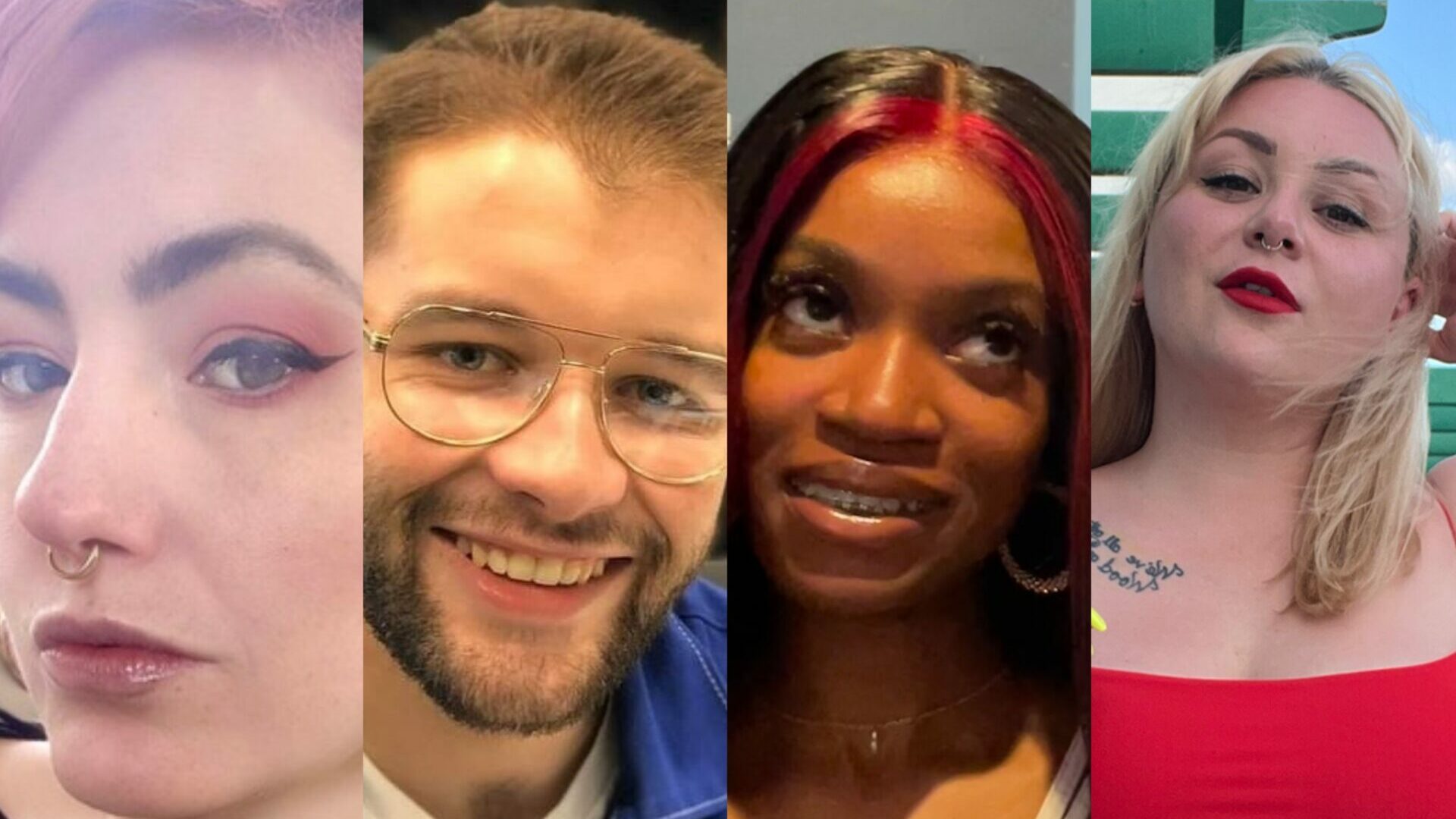
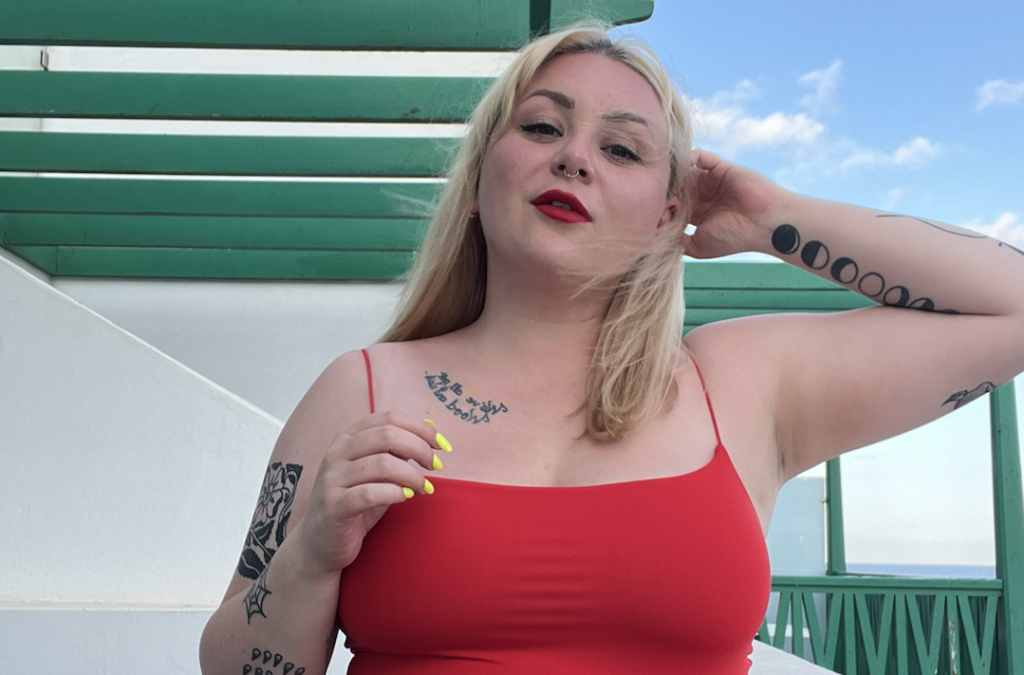
Katie Baskerville (she/her) – Freelance sex & health journalist
I came out (officially) in my late 20s and had a lot of stuff to work through. My internalised bi-phobia controlled how I felt about myself and how I thought the community saw me. The usual stuff: slutty, greedy, confused, a cheater. In all honesty, I was confused — but not about my identity.
I was confused as to why being who I was was such a big deal, but I knew that being out would expose me to biphobic discourse surrounding threesomes and greediness. And I was proved right every time I’d pluck up the courage to tell a partner. I’d be met with: “Oh, you’re not going to leave me for a woman, are you?” or, “We should totally have a threesome.” Because of this, there have been times when I’ve felt incredibly lost and unsure of myself because of queer imposter syndrome.
I feel accepted by some, but just knowing that there are entire groups inside and outside of the community with the fervent belief that I shouldn’t exist is a terrifying prospect. No one in 2023 should have to live with that. Bisexuality is a fully formed identity. It is not built on percentages that measure how gay or straight I am. I’m 100 per cent bisexual, and that’s OK.
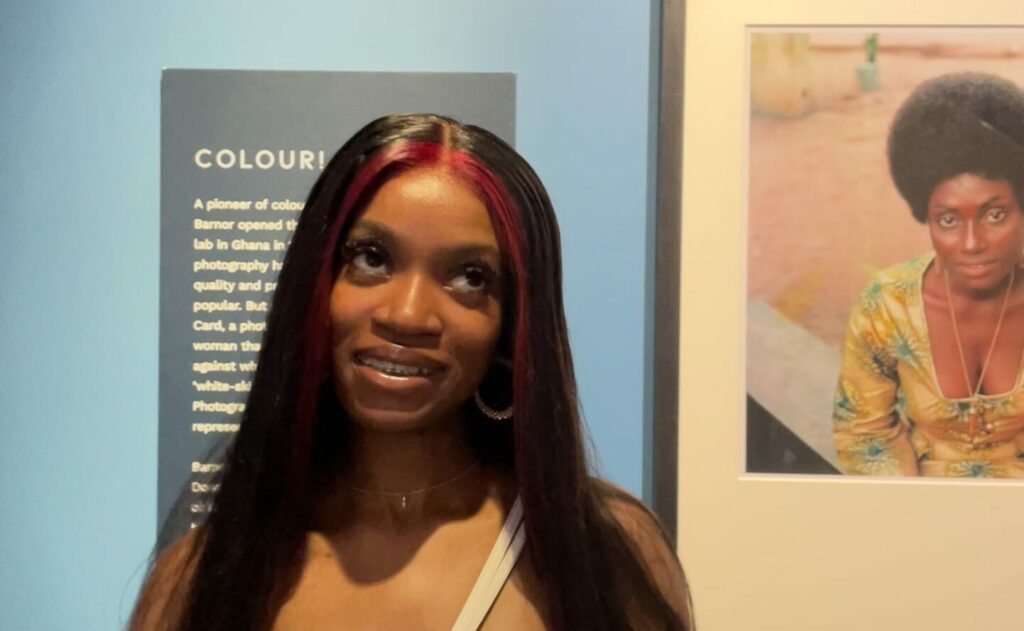
Tami Makinde (she/her) – Managing editor, NATIVE magazine
As a young woman from Lagos, Nigeria, I have always struggled with my identity. Whether it was navigating the complexities of childhood experiences replete with Western and African influences or coming to terms with my sexuality, identity was a quest to be grappled with and interrogated from all angles.
My constant questioning of these binaries has always meant that I have never really felt accepted anywhere — not at home, and not within a community. This lack of acceptance stemmed mainly from my refusal to accept my own truths and the community’s unkindness towards people still learning to accept their whole, complex self.
As such, I soon learnt that community was not about a destination but a boundless journey through my own psyche and that of those closest to me. It’s not a group of persons but a common shared love and understanding between my close-knit circle of friends who see me at my lowest. I’ve stopped searching for community or acceptance because it’s already all around me. Instead, I’m focusing inwards, on staying true to myself and connecting with people who are at similar stages in their journey. We’re all figuring it out.
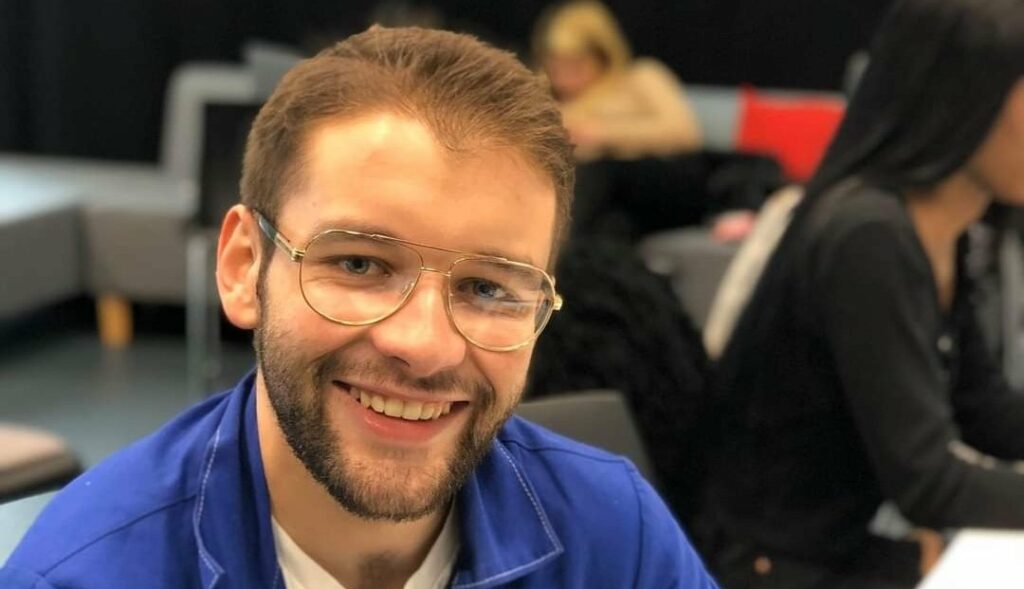
Jamie Page (he/him) – Editor
Since coming out, I have had wonderful support and acceptance from friends. However, there are aspects of hetero and bisexual communities that need improvement to help people like me feel accepted. There is deeply ingrained biphobia that should be addressed. Many queer people I have come across have told me I’m not truly a bisexual as I have not dated another man, and that I don’t come across as queer enough. That as I have been in relationships with women, I’m suddenly straight. It’s this strange sense of sexual absolutism that typically makes me not feel welcome in my own community.
The worst aspect of being bi in the modern age is dating. I’ve had to ask on dates: “You don’t mind that I’m bisexual?” as though it was some form of salacious secret. But [telling people feels] essential — else there may be sudden surprises.
I think both straight and queer communities have a long way to go before bisexuals feel wholly accepted. I shouldn’t have to list my sexuality as a disclaimer or have to fight for my life when I date someone.
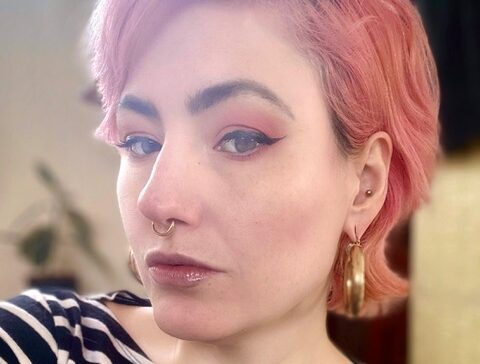
Alexandra Fry (she/her) – Content manager, music industry
As a bisexual woman, I don’t feel accepted within the LGBTQ+ community. This is in part due to the stigma that I have internalised over time. I think we are often seen as occupying a liminal space between more defined sexual identities, which makes a sense of belonging harder to achieve, I have known how I identify since my early teens.
I have encountered prejudice from straight and queer people alike and been made to feel like I have to evidence my queerness in order to be validated. Even in the supposedly enlightened times of 2023, biphobia is still very present and manifests often either as a fetish or something to be dismissed as “not gay enough”. Although I have had serious relationships with people of different genders, a majorit
